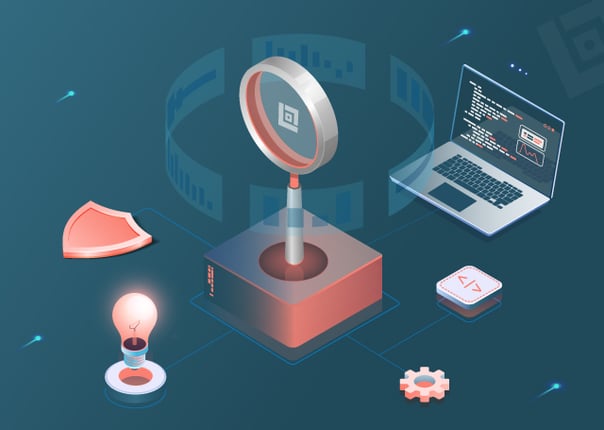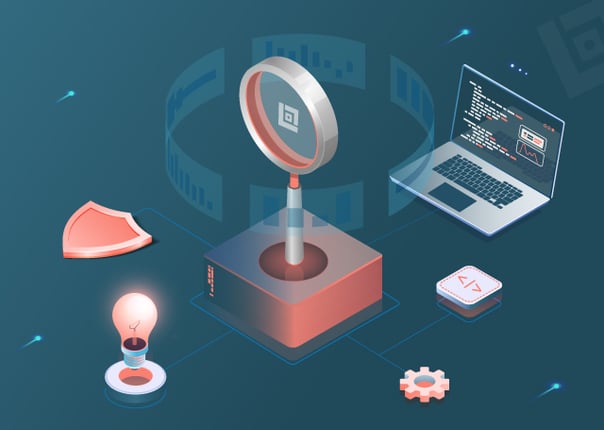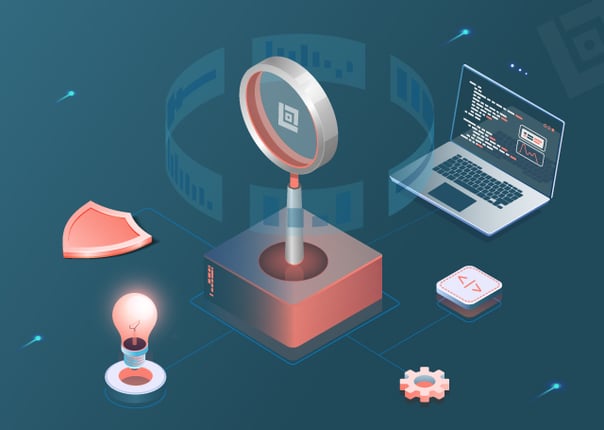Without high-quality defect tracking tools, monitoring software bugs is impossible. No engineer can track each and every defect in his or her head, nor with a single spreadsheet. Bug tracking allows teams to focus on priority issues that directly affect the quality of the software, and communicate about them more effectively.
QASource Blog
In our blog, we take a deep dive into the latest QA strategies, methodologies, and industry best practices driving the world of quality assurance. Follow our blog to get new ideas as to how to effectively deliver high-quality, bug-free software products, websites, and applications, while keeping costs low.

In an Agile environment, development and QA testing services are tightly woven, resulting in an efficient testing process and ultimately, a high-quality product. A good test case is the foundation of this “hand-in-hand” relationship. To create a test case, the objectives of the product are translated into test conditions. These conditions describe an input, action, or event, along with an expected response or output. If this expected output is achieved, the test case has verified the proper function of the product.
Today, software engineering is defined by speed. As companies strive to achieve weekly, or even daily, releases, QA and development teams must combine their efforts to deliver a high-quality product on schedule. This is not always easy, as both teams contribute differently to the project. Developers are concerned with developing and delivering the product on time, and QA engineers are tasked with testing and ensuring its quality. Oftentimes, these teams are completely separate units. With proper coaching and guidance, you can unite both teams in pursuit of a common goal: a solid product release that meets customer requirements.
Over the years we have been asked, and have answered, nearly every possible question about QA. The one recurring question that no one can answer clearly is, “What is the right mix of QA engineers to development engineers?” We admit it: we don’t have a firm answer, either. The ideal ratio of QA to dev depends on several key factors, each of which may change on a project-to-project basis. For this reason, we recommend starting with a small team and scaling up or down as needed.
Our clients tell us they paid a lot of attention to company culture when they were comparing offshore QA companies. They were convinced, based on prior experience, that culture is the critical difference in companies that integrate successfully with the development team and consistently find critical bugs. No amount of tools, methodologies, nor bug reporting processes can overcome a weak company culture when outsourcing QA. Nor can these resources contribute as significantly as company culture to the motivation of the QA engineers doing the work.
Written by QA Experts
QASource Blog, for executives and engineers, shares QA strategies, methodologies, and new ideas to inform and help effectively deliver quality products, websites and applications.
Categories
Authors
Our bloggers are the test management experts at QASource. They are executives, QA managers, team leads, and testing practitioners. Their combined experience exceeds 100 years and they know how to optimize QA efforts in a variety of industries, domains, tools, and technologies.




